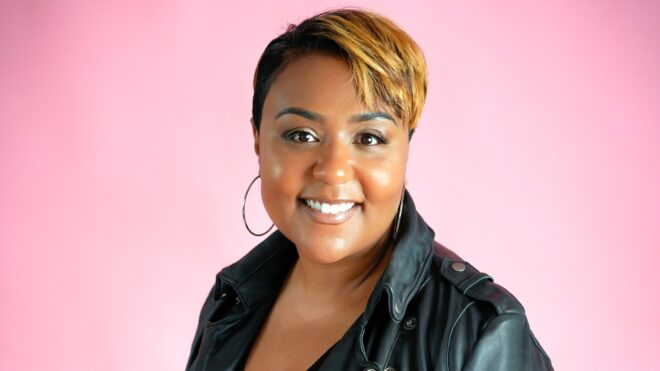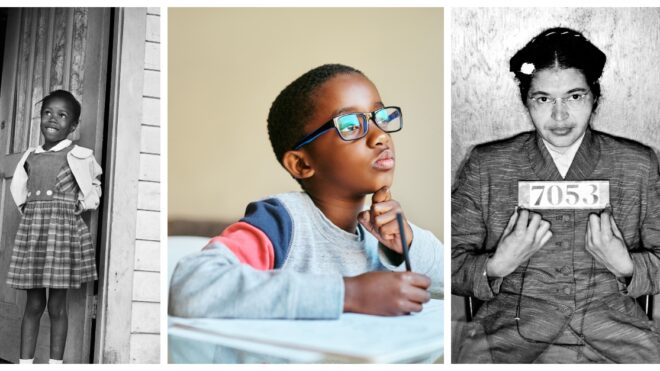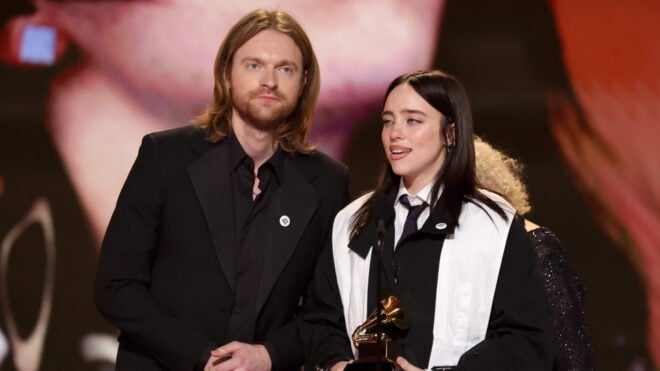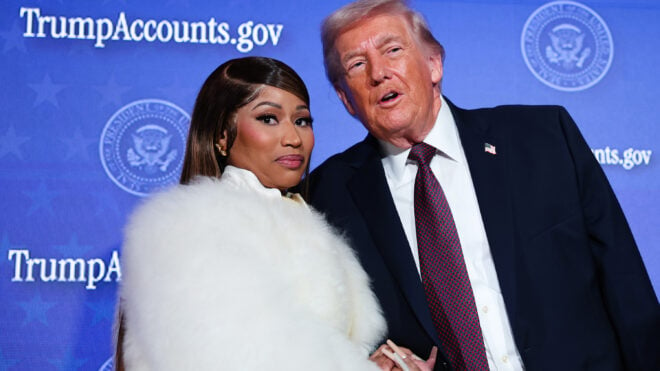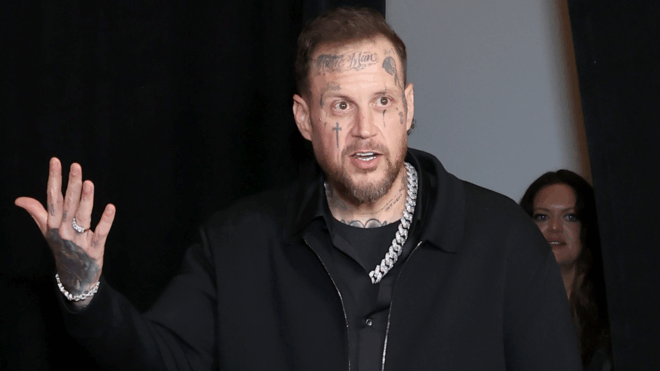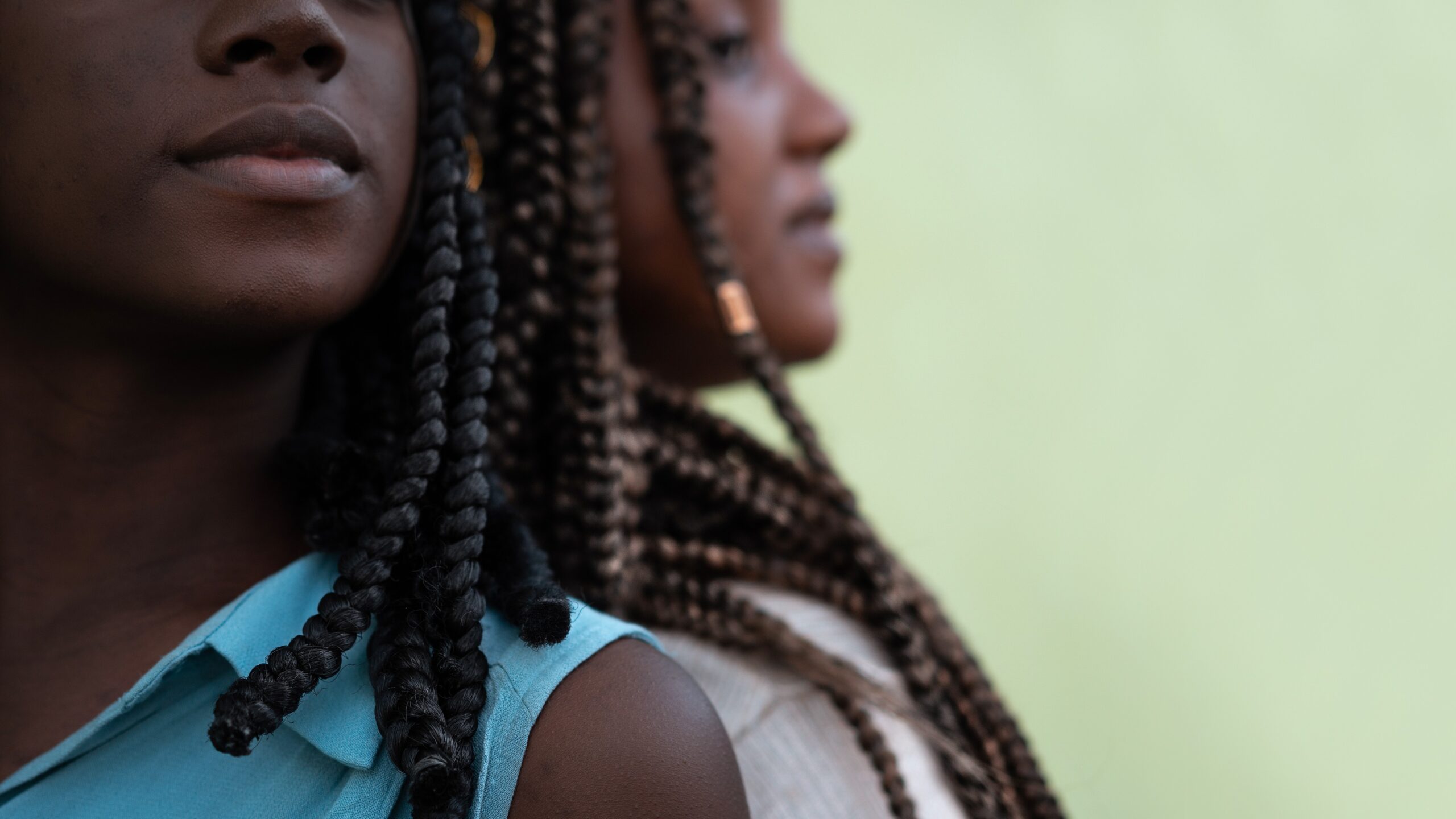
A leadership and advocacy team of four Black women introduced The CROWN (Creating a Respectful and Open World for Natural Hair) Act to California in 2019, which later became a law to protect people of African descent from workplace and education discrimination. You may wonder, what kind of discrimination? As the acronym of the CROWN Act implies, we are talking about natural hair. Yes, that’s right — women of African descent still experience race-based hair discrimination. Unfortunately, this discrimination continues beyond the workplace and educational spaces; it happens everywhere, including a quick trip to the hair salon.
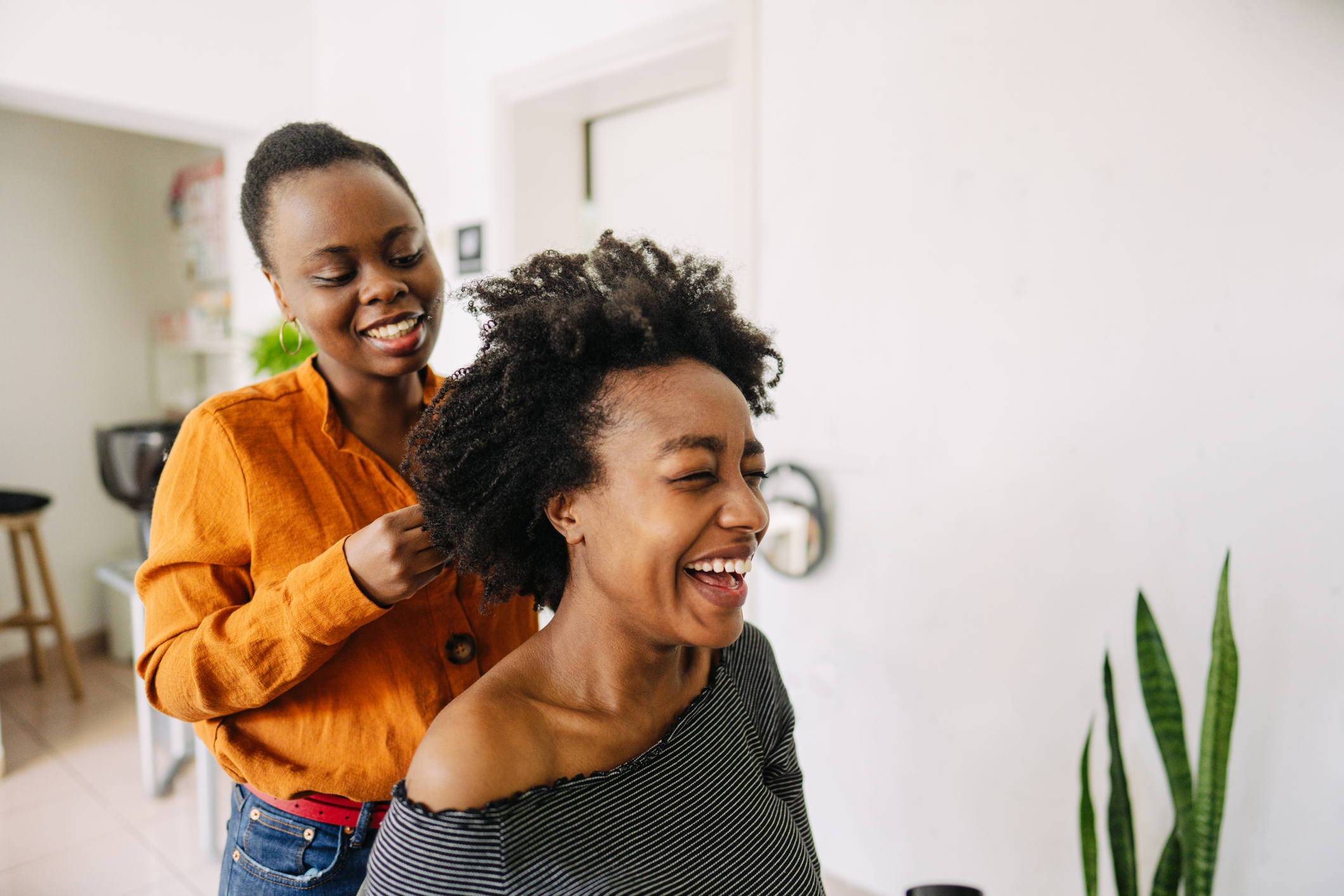
In 2020, ABC News reported the racial divide in cosmetology schools. Tammy Jolivette, a Houston-area PhD candidate and hair stylist specializing in Black hair care, revealed most cosmetology programs only taught hairstyling techniques for white clients. In addition, students who received lessons on Black hair were frustrated by the vague mention of ethnic hair textures during lectures, with mannequins of color unavailable. The lack of education on diverse hair textures offers a continuation of hair discrimination while decreasing hair care options for Black clients. Interestingly, the Black hair care industry brings in over $2.51 billion per year, yet Black hair care is still as controversial as before the end of slavery.
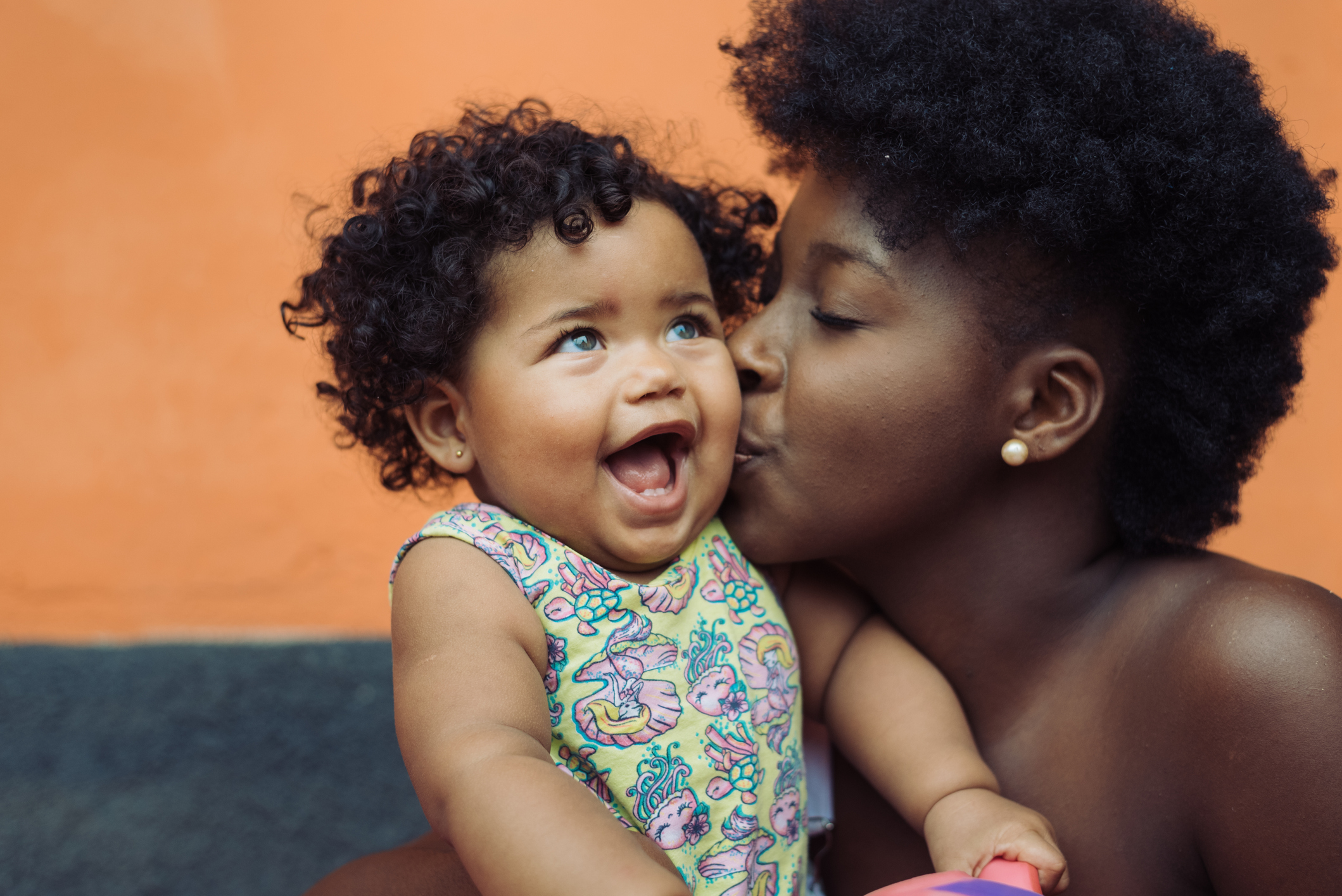
As the growing self-care hashtag continues to offer trending posts across social media, we find a consistent level of urgency for moms to make self-care a priority. Of course, this messaging is essential; after all, motherhood comes with many sacrifices to care for tiny humans who depend on you. With a to-do list in one hand and the house, the job, the spouse, and the kids in another, prioritizing self-care is a challenge most of us avoid by placing it at the bottom of the list, especially for Black moms.
As a military spouse who has had the privilege to travel the world and call multiple places home, I have found myself frustrated by the lack of self-care options for Black women. My intense emotions led to a very public Facebook rant stating, “I would love to discuss the unnecessary added disclaimer African Americans feel obligated to insert mid-conversation while booking hair appointments.” I continued, “Do you do our type of hair? HAIR IS HAIR!!! The ability to style all textures should be standard. Who is training our so-called hairs stylists? Can I book a hair appointment with the same assumption as our straight hair sisters? Can I sit in the chair with confidence that your staff was trained for our curly girls? You’re not a hairstylist if you can’t do our hair!”
After releasing my silenced rage, my comment section created a “bigger” picture. While living in predominantly white military suburban communities, my fellow African American moms found themselves traveling as far as an hour from home to find hair salons that served them. Some horror stories include increased payments because kinky textures require “extra” work and extreme measures of turning Black clients away.
Another commenter mentioned the time it took to find a hairstylist who could style her kinky and curly combo hair. To add a diverse perspective, a commenter of European descent chimed in with utter annoyance, supporting our right to make the same assumptions she makes every time she steps foot into a hair salon. This common assumption that suggests all hair stylists can do our hair is not the case for Black women because stylists aren’t adequately trained to provide hair care for kinky curly textures, even if they wanted to.
This is not only a problem for Black moms who want to jump on the self-care bandwagon but also for white mothers with biracial children. This problem leads to an exhausting downward spiral, creating a stressful self-care journey that exasperates rather than alleviates the pressure moms already face.
I am thankful for the efforts big retail department stores are putting toward growing Black ethnic hair care product availability. What used to be a small sales section has expanded to full aisles dedicated to our hair care needs. The old American proverb states, “The squeaky wheel gets the grease.” To make self-care attainable for Black moms who are in desperate need of rejuvenation, hairstylists should receive adequate training on ALL hair textures to earn a license to style hair.
Black women are embracing their natural textures, and it’s time for the rest of the world to embrace it, too. Make it easier for Black moms to book a spa day, including skin care treatments for clients with melanated skin and hair care for kinks and curls. We deserve it, and I’m sure you all would agree.

